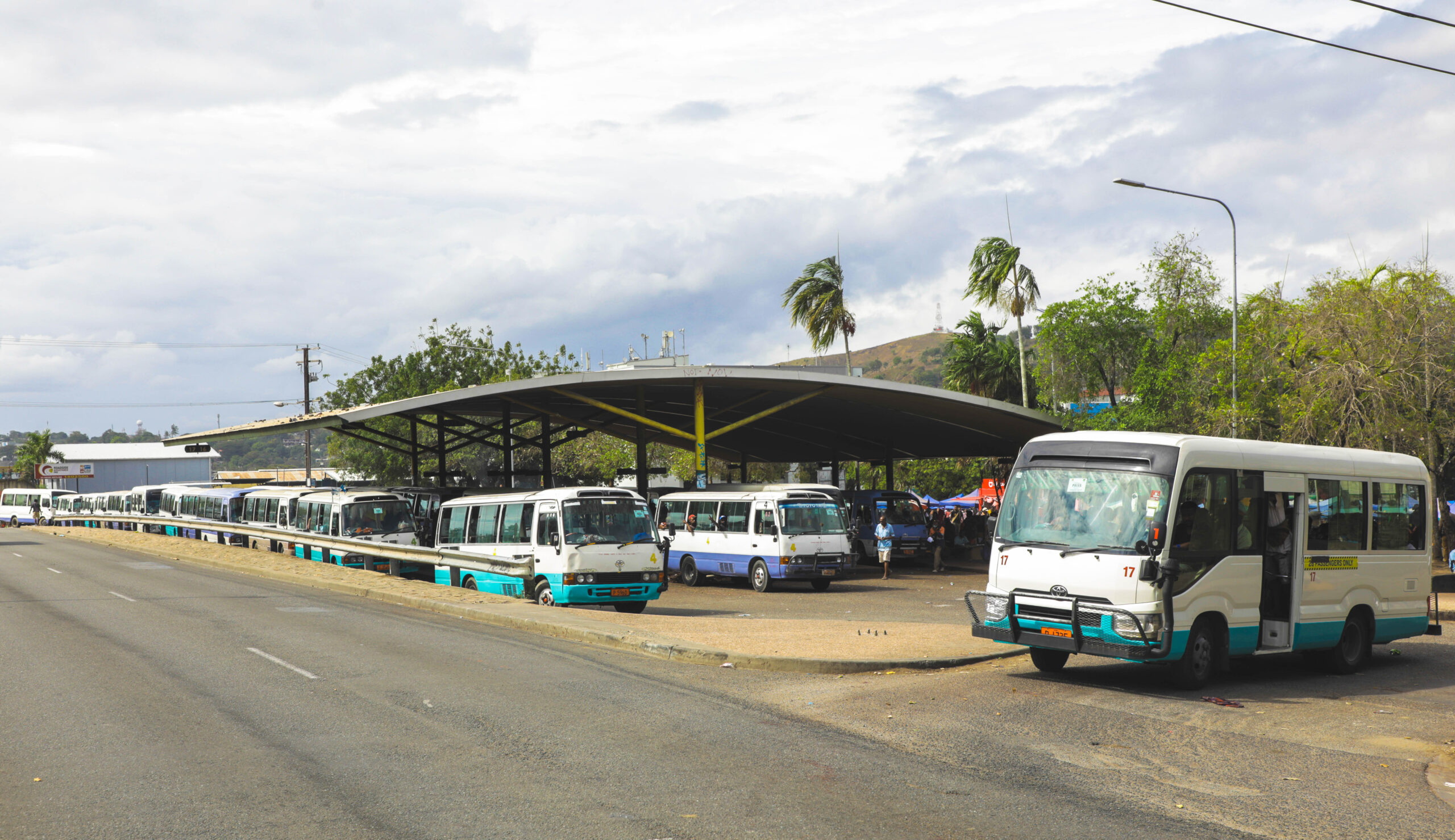Papua New Guinea has a variety of public services aimed at providing essential amenities and support to its citizens. However, it’s important to note that PNG faces numerous challenges in delivering effective public services due to factors such as its rugged terrain, limited infrastructure, and cultural diversity. Here are some of the key public services in Papua New Guinea:
- Healthcare: Papua New Guinea’s healthcare system consists of both public and private facilities. The public healthcare system is managed by the government through the Department of Health. However, access to healthcare services can be limited in remote areas, and the quality of care varies across regions.
- Education: The government of Papua New Guinea is responsible for providing education services from primary to tertiary levels. However, the education system faces challenges such as inadequate infrastructure, teacher shortages, and low literacy rates, particularly in rural areas.
- Infrastructure: Papua New Guinea is working to improve its infrastructure, including roads, bridges, ports, and airports, to facilitate economic development and improve access to services. However, infrastructure development is hindered by funding constraints and logistical challenges.
- Utilities: The provision of utilities such as electricity, water, and sanitation services varies across the country. While urban areas generally have better access to these services, rural and remote areas often lack reliable infrastructure for utilities.
- Law Enforcement and Justice: Papua New Guinea has a police force responsible for maintaining law and order. The country also has a judiciary system to administer justice, although it faces challenges such as limited resources and capacity constraints.
- Social Welfare: The government provides social welfare services to support vulnerable groups such as the elderly, people with disabilities, and low-income families. However, these services may be limited in scope and effectiveness.
- Emergency Services: Papua New Guinea has emergency services, including fire departments, ambulance services, and disaster response agencies, to respond to emergencies such as natural disasters and accidents.
- Transportation: The transportation network in Papua New Guinea includes roads, highways, maritime transport, and air travel. However, transportation infrastructure is often inadequate, particularly in remote areas, which can hinder access to essential services.
Overall, while Papua New Guinea provides a range of public services, there are significant challenges in ensuring universal access and quality service delivery, particularly in remote and rural areas. Efforts to address these challenges are ongoing, with support from both the government and international organizations.

Leave a Reply